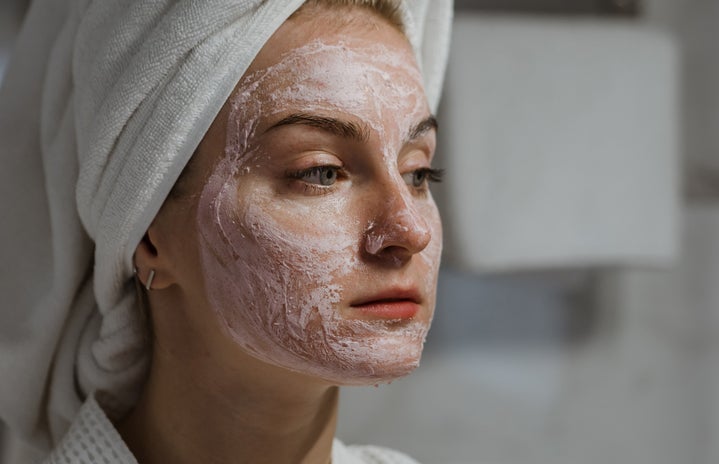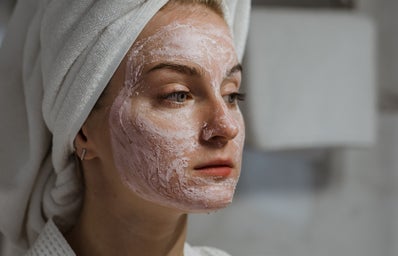Recently on TikTok, much concern and debate has been raised over tween girls shopping for expensive skincare and makeup, such as Drunk Elephant at Sephora. Some users expressed annoyance over the tween’s presence at the popular makeup store, many even calling for Sephora to become a 21+ store. Others expressed concern over their health and wellbeing; does a 10-year-old really need retinol cream? Some are wondering who’s to blame for this recent spike in young girls desiring expensive anti-aging cream and concealer. Is this a result of permissive parenting? Capitalism gone wild? Influencer culture fueling insecurities? Has all the progress established by feminism been for naught? Or is this a symptom of a wider problem? To be able to answer these questions, we must not only analyze the place of beauty in our society, but also its impact on our sense of self.
If you’ve spent any time online recently, you would have noticed that the number of brand sponsorships, amazon shopping lists, dupes, hauls, and the use of the word “cheugy” have gone up considerably since the beginning of the pandemic. Now it seems that every social media platform has a shopping section! Even the deinfluencing trend that was supposed to be against the constant push from influencers to buy expensive (and frankly useless) products has now been turned into another opportunity for influencers to push their fans to buy more products. Often, these influencers are women whose platforms are mostly focused on fashion and beauty and who speak in hyperbolic terms, telling their audience (made up mostly of women and girls) that they “need” said product to be desirable to men, to be popular, or to maintain their youth. Considering the recession, inflation, and the cost of living being at an all-time high, this push to constantly buy expensive products is unattainable to most women. What does this do to the self-esteem of women who cannot afford these products?
TikTok (and social media usage in general) has been linked to an increase in mental health and self-esteem problems in teens (especially teen girls) (https://www.ncbi.nlm.nih.gov/pmc/articles/PMC9338669/). I’m sure this fact is not new to any of us. However, with increased internet usage becoming a permanent facet of daily life, limiting our internet usage is no longer an option. Instead, we need to rethink how we engage with content online. TikTok is not an adult-only app or a kid-only app; it’s an app used by multiple generations. Influencers should think twice about their messaging; should they really be telling their audience that Dior lip oil will change their lives? That they need to start a 50-step skincare routine to prevent (God forbid) wrinkles? This extends beyond the internet into our daily lives to how we as women talk about ourselves. What message does it send to young girls if we talk negatively about our appearance and view plastic surgery, skincare, or makeup as the key to happiness?
Companies have been capitalizing on women’s insecurities for decades. They know that women are especially impressionable when it comes to products that can alter physical appearance. These companies, used to raking in millions of dollars, target their marketing especially to women to convince them (for example) that they need to shave their legs or use fake eyelashes. Now, influencers can do that work for the massive companies even more effectively due to their parasocial relationships with their audiences. With non-disclosed sponsorships, influencers are paid by these companies to promote their products. These make their youngest and most impressionable fans, tween girls, the most susceptible to this marketing.
Coming back to the Sephora-loving tweens, what message are we sending our sisters, cousins, daughters, etc… when we ourselves buy into and foster an environment where we will do anything to maintain our beauty, no matter the cost?


